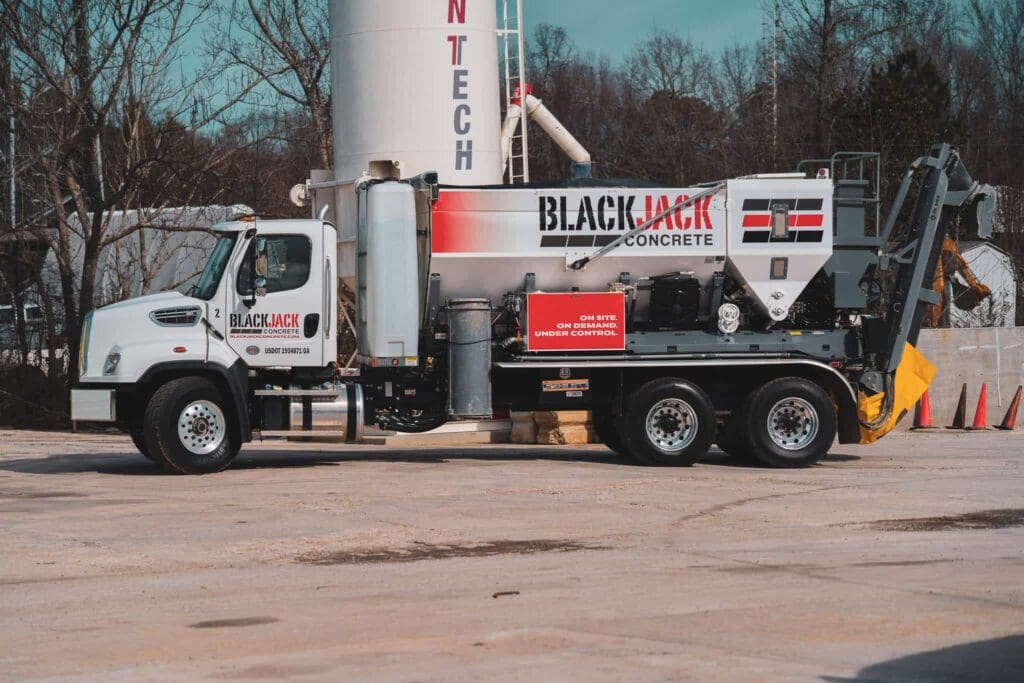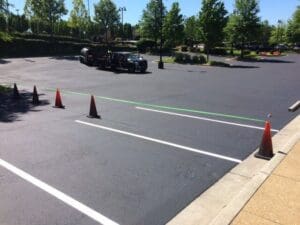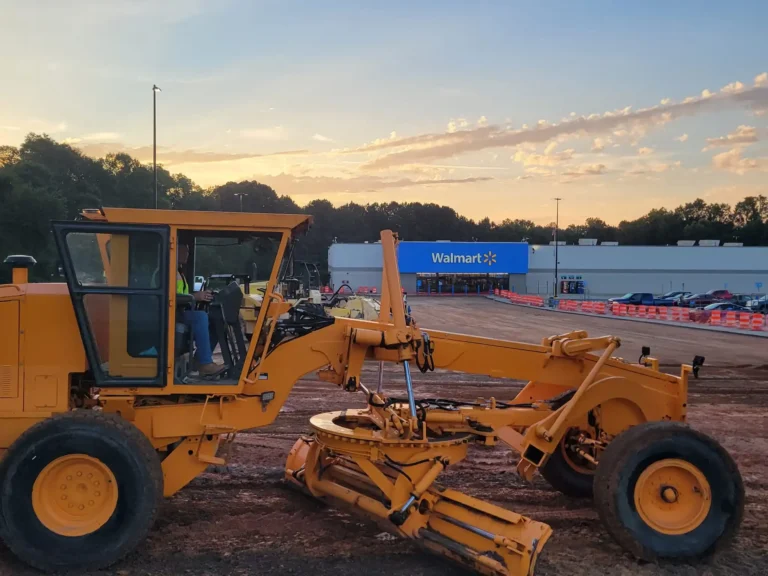Concrete is arguably the most essential building material used in our society. It’s used to build the foundation of many homes and commercial buildings as well as other infrastructures such as roads, bridges, and dams. Concrete works because it is strong and durable, but it is crucial that construction crews mix its ingredients properly in order to achieve the necessary strength to withstand the elements and the force of the structure it supports.
Traditional concrete is a mixture of water, cement, and air, and an aggregate mixture of sand, gravel, and stone. All of these ingredients need to be proportioned correctly to maximize concrete strength. For example, concrete with too much cement will crack easily over time. Not using enough cement will result in concrete that’s rough and porous.
How Do You Know the Strength of the Concrete?
There are several types of concrete strength that are measured to determine whether a given concrete mixture will meet the specific needs of a job. The most common and reliable is the compressive strength of concrete. Compressive strength is measured in pounds per square inch (PSI) and helps determine how much force can be placed on the concrete before it starts to compress. Because concrete is very resistant to compression, it’s ideal to use in the construction of tunnels, dams, arches, and foundations.
The higher the PSI, the stronger the concrete. Concrete with a high PSI is often more expensive but is more durable and will last longer. The ideal PSI for concrete slabs is between 3,500 and 4,000; concrete girders (used in bridges) are between 3,500 and 5,000 psi; concrete walls are between 3,000 and 5,000 psi, and pavement is between 4,000 to 5,000 psi. It is important to note that concrete in colder environments requires a higher psi to withstand freeze/thaw cycles.
Tensile strength measures the ability of concrete to resist breaking or cracking under tension. If the concrete in a structure takes on direct weight, the tensile strength will need to be measured. Traditional concrete does not have a lot of tensile strength, so it must be reinforced with other materials that do, such as steel rebar. In other cases, ultra-high performance concrete is used. Ultra-high performance concrete is a mixture that has a significantly higher compressive and tensile strength than traditional concrete. Tensile strength is difficult to measure, but one indirect way of doing so is by measuring the flexural strength of the concrete.
Flexural strength measures a concrete slab’s or beam’s ability to resist bending. This can be done by using center-point loading, in which a concrete beam is placed on small supporting structures from end to end, similar to how a piece of wood is placed on two cylinder blocks in a martial arts class as a student tries to break it in half. In center-point loading, the stress is placed at the center of the slab or beam. Flexural strength can also be tested by third-point loading, in which the stress load is applied at two points, each one-third of the way from the ends.
At Blackjack Paving, we’re experts in concrete paving in Atlanta GA. With our knowledge, training, and experience, we ensure the perfect mixture of concrete for your driveway, curb, or parking lot, confident it will last for years to come. We also specialize in concrete repair in Atlanta GA. Give us a call today at (678) 364-9696.












